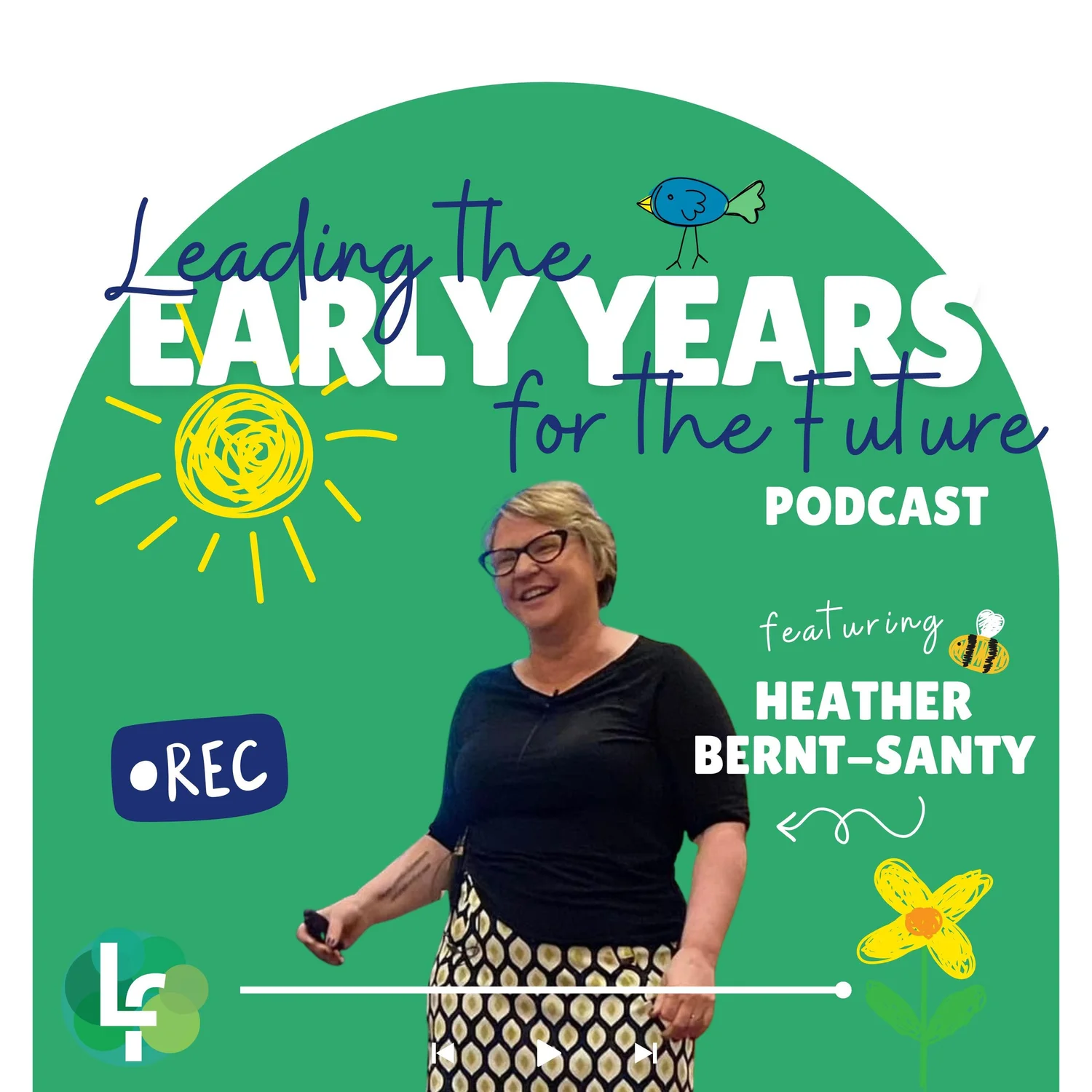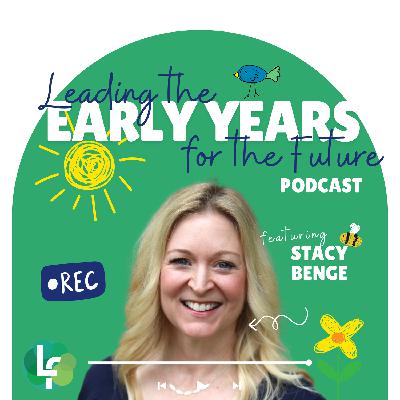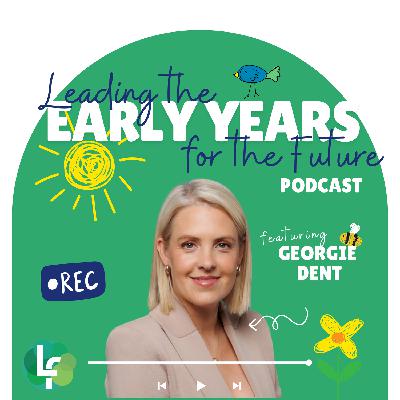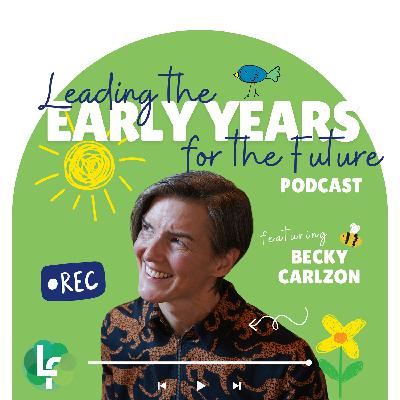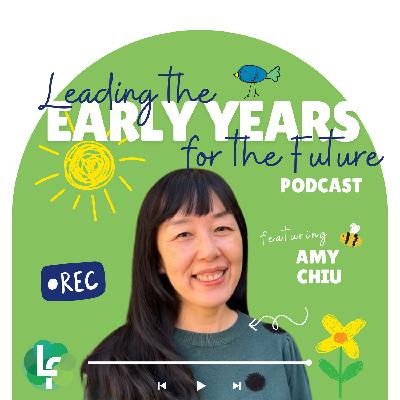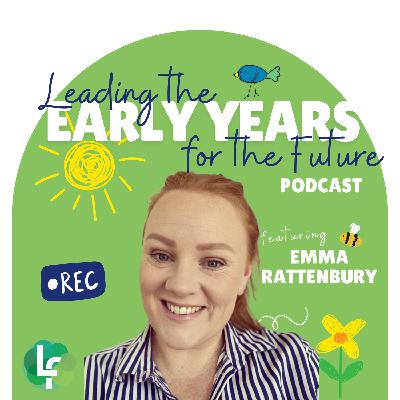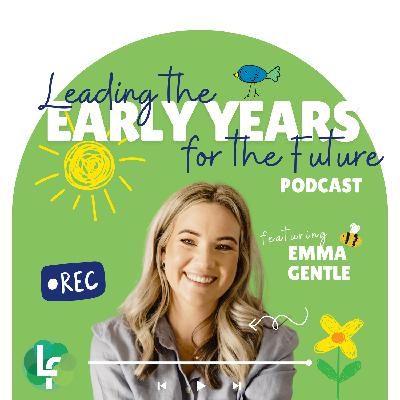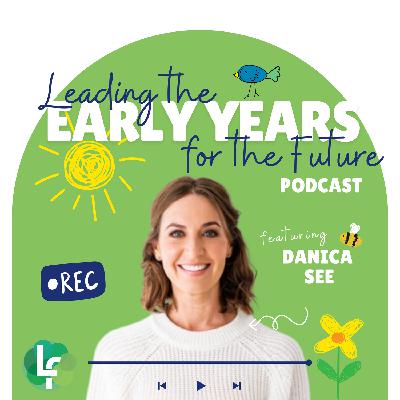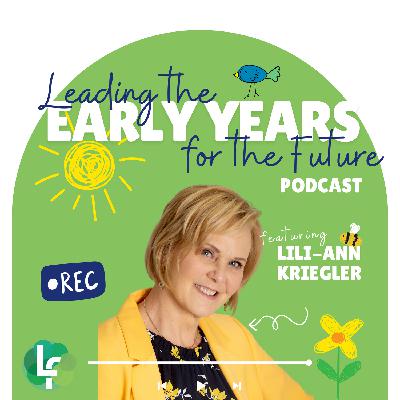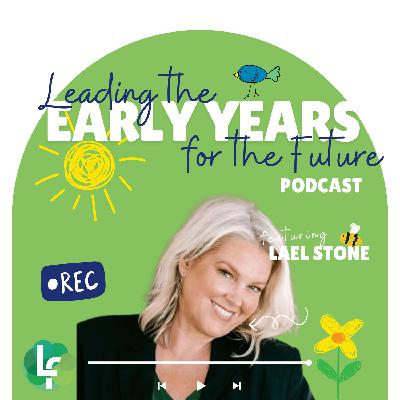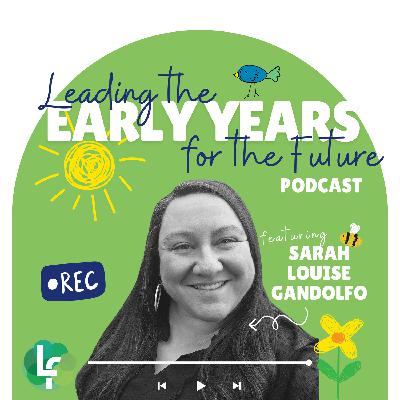S1E1 - Dr Kathy Hirsh-Pasek: The Power of Play
Description
Dr Kathy Hirsh-Pasek is a distinguished American developmental psychologist renowned for her extensive research in early childhood development, language acquisition, and the role of play in learning. She holds the position of Stanley and Debra Lefkowitz Professor of Psychology at Temple University, where she directs the Infant Language Laboratory. Additionally, she serves as a Senior Fellow at the Brookings Institution.
Throughout her career, Dr Hirsh-Pasek has authored 17 books and over 250 publications, contributing significantly to the fields of language development and playful learning. Her notable works include “Einstein Never Used Flashcards,” which received the Books for a Better Life Award in 2003, and “Becoming Brilliant: What Science Tells Us About Raising Successful Children,” which appeared on The New York Times Best Seller list in education.  Her contributions have earned her numerous accolades, such as the American Psychological Association’s Bronfenbrenner Award for Lifetime Contribution to Developmental Psychology in the Service of Science and Society, and the Association for Psychological Science’s James McKeen Cattell Fellow Award.
Beyond her academic achievements, Dr Hirsh-Pasek co-founded the Learning Science Exchange Fellowship, uniting scientists, journalists, policymakers, and entertainers to disseminate learning science to educators. She also initiated Playful Learning Landscapes, a project that redesigns public spaces with scientifically informed designs to enhance educational and social opportunities.
In 2021, she was elected to the National Academy of Education, underscoring her impact on educational research and policy. Her recent work includes the book “Making Schools Work: Bringing the Science of Learning to Joyful Classroom Practice,” co-authored with educators and scientists to promote engaging and effective teaching methods. Dr Hirsh-Pasek frequently shares her expertise through media outlets like NPR and The New York Times, and contributes to the Brookings Institution’s blog, bridging the gap between scientific research and public understanding.


